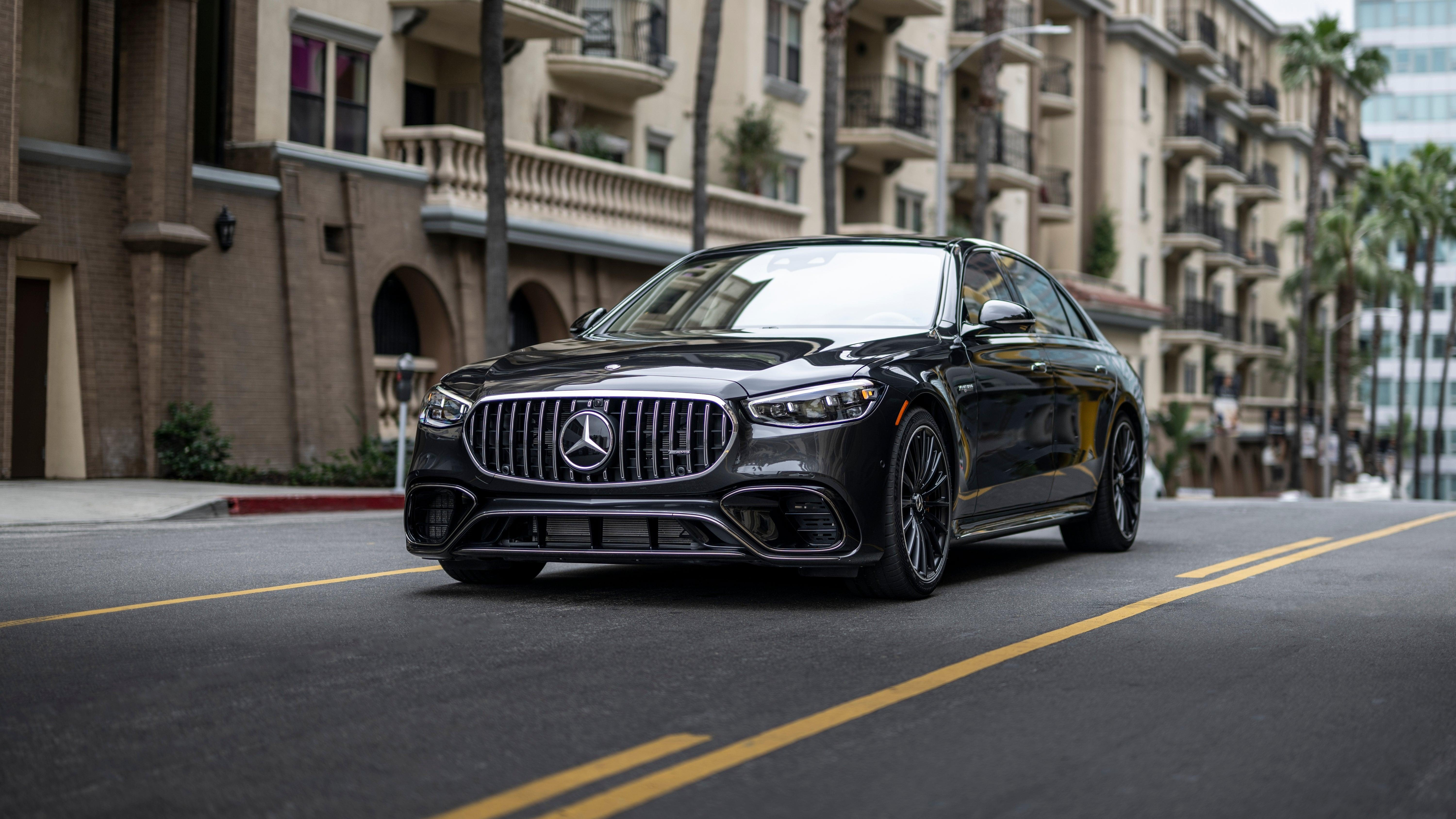Porkiest Parisian Parkers To Pay Penalty
The city will now charge €18 per hour for parking a heavyweight vehicle.
Around 16 percent of drivers in Paris are parking vehicles that the city has deemed to be overweight, and this week citizens voted to push parking prices up on these larger and heavier vehicles.
Efficiency and frugality are seemingly the name of the game for the city, as it will triple the parking rate for gasoline- or diesel-powered vehicles over 1,600 kilograms (3,527 pounds) and EVs over 2,000 kilograms (4,409 pounds) starting in September. About 78,000 Parisians voted for the referendum, winning a strong majority of the vote, despite Paris being a city of over a million eligible voters.
This law will largely affect those who commute into Paris, as the city hopes to incentivize them to buy smaller and more efficient cars for their commute. The parking fee will rise to 18 euro in the city's central districts, and 12 euro in the outer reaches. Residents who are parked in their authorized parking zone will not be affected by this increase, nor will taxi drivers, tradespeople, health workers, or people with reduced mobility. Paris will also remain free to park for all overnight and on Sundays.
Most cars sold in the U.S. have crept over the 3,000 pound mark, and the vast majority of our best-sellers would be over the weight limit for Paris. A Dodge Charger, for example, weighs just shy of the 4,000 pound mark. The Tesla Model Y is eligible for the increased parking tariff, as are many other common electric vehicles. According to Le Figaro, these include "the Volkswagen ID.4 Pro, the Audi Q4 40 e-tron, the BMW iX1 or the Skoda Enyaq Version 60." And if you're driving a gas, diesel, or plug-in hybrid, your BMW X5, Mercedes GLC or Lynk&Co 01" will get the bill. Tesla's Model 3 manages to squeak by without the fee.
Around 129,000 cars currently parked in Paris would be affected, and only half of those, reportedly, are SUVs. The remaining half are large family sedans and vans. City officials say they believe the measure will increase parking revenue by around 35 million euros annually.
